The Broken Sword by Poul Anderson
Poul Anderson’s The Broken Sword (1954) was selected by David Pringle in his Modern Fantasy: The 100 Best Novels, and is highly praised by Michael Moorcock, whose character Elric of Melnibone and his demon-possessed sword Stormbringer are directly inspired by The Broken Sword. The audio version is narrated by Bronson Pinchot, who has an amazing vocal range and narrates with passion.
Read More

 (1926-2001)
(1926-2001)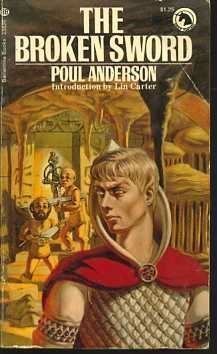








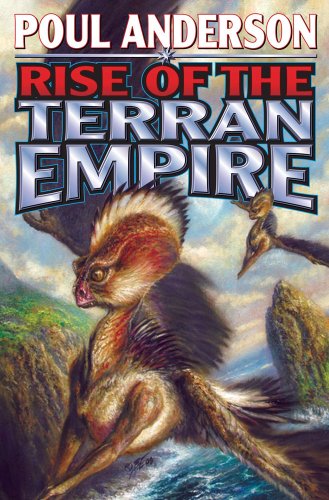









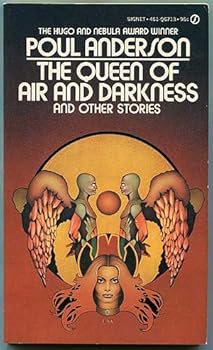


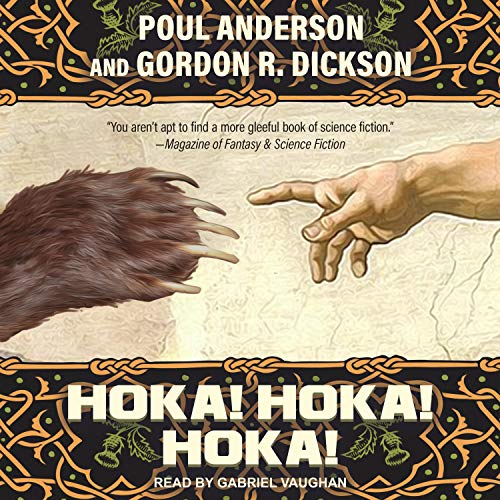





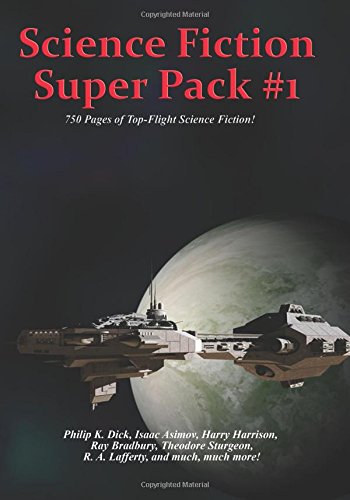

Me, too! I think independent bookstore are enjoying a golden age, and I plan to continue to support that. One…
I read the most recent Elysian article. I tried not be bummed out, because I already knew most of it,…
Wow, I'm really impressed by the 15- and 20-year old owning and running their own bookstores! I loved books as…
There were two interesting articles about publishing that I ran across, the first via a link in the second: No…
My pleasure, Robin! And yes, it surely is some kind of an experience, to be sure....